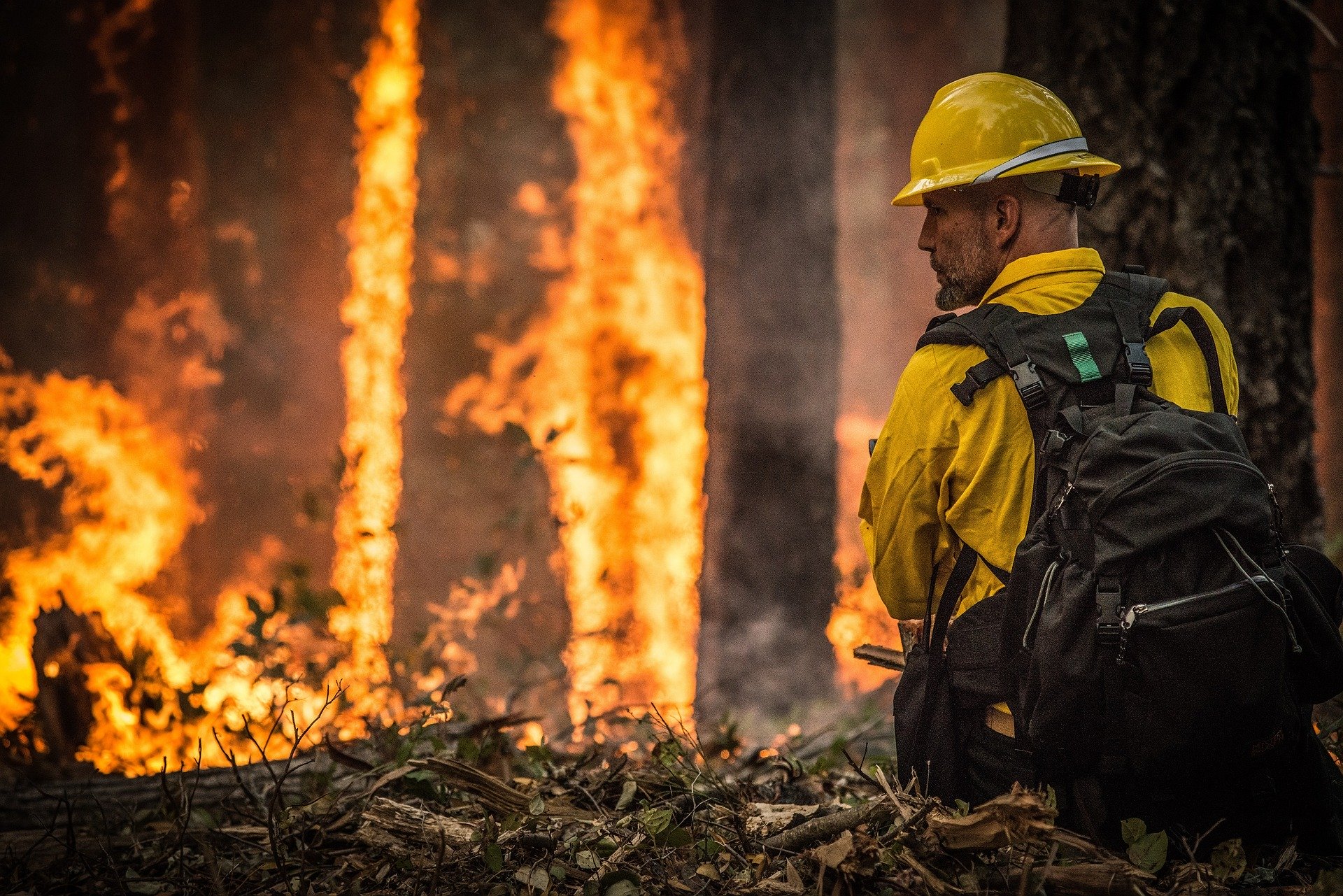Wildfire and utility experts request government support in wildfire prevention
 The following summarizes the U.S House of Representatives Committee on Energy and Commerce’s Subcommittee on Energy and the Subcommittee on Environment and Climate Change joint hearing on “Out of Control: The Impact of Wildfires on our Power Sector and the Environment” that took place on Monday, January 28, 2020.
The following summarizes the U.S House of Representatives Committee on Energy and Commerce’s Subcommittee on Energy and the Subcommittee on Environment and Climate Change joint hearing on “Out of Control: The Impact of Wildfires on our Power Sector and the Environment” that took place on Monday, January 28, 2020.
The Subcommittees convened to hear from experts on the environment and utility infrastructure to learn about how electric companies have contributed to the increase in wildfires.
Chairman of the House Energy and Commerce Committee, Chairman Frank Pallone (NJ-6) expressed great concern with the increasing rates and intensity of wildfires and questioned if the increasing number of wildfires can be solely contributed to climate change. In prepared remarks, Chairman Pallone said, “Of the known causes of California’s 20 most destructive wildfires, half were started by electrical problems or power lines… Clearly, electric utilities must do more to ensure their systems are modernized and maintained to prevent sparking wildfires. The safety of the communities they serve depends upon responsible equipment management and maintenance.”
Energy Subcommittee Ranking Member Upton opened the hearing by sharing his concerns with electric company caused fires and electric shut downs that cause wide spread disruption. Other Members spoke calling for government intervention and cost-effective resilience protocols to better prepare for wildfires.
Representative Upton then asked witnesses to speak on what efforts their companies are making to prevent forest fires caused by electric companies and what effect these forest fires are having on the environment overall.
The five witnesses were:
- William Johnson, CEO and President PG&E Corporation
- John MacWilliams, Senior Fellow Center on Global Energy Policy, Columbia
- Dr. Anthony S. Davis, Interim Dean College of Forestry, Oregon State University
- Dr. Brandon M. Collins, Research Scientist The Center for Fire Research and Outreach, Berkeley Forests University of California, Berkeley
- David Markham President and CEO Central Electric Cooperative, Inc
Johnson began by acknowledged the role PG&Es equipment has had in some of the recent fires and stressed the company’s commitment to helping communities rebuild. He explained that PG&E is addressing the increasing wildfire threat through a Wildfire Safety Plan that comprehensively addresses known causes of ignition. PG&E is making efforts to prevent wildfires although Johnson said more action needs to be taken by the federal government to further reduce risk. Some of the areas Johnson suggested the government address were climate change, forest and vegetation management, and access to federal lands for prevention.
Also there to address concerns from a utility infrastructure viewpoint were MacWilliams and Markham. MacWilliams focused on the projected increase of wildfires and the financial threat they pose to U.S. power and utility companies. “If customers are going to continue to demand the near 100 percent reliability of electric service that they are accustomed to, large infrastructure investment will be required to reduce the damage caused by wildfires, sea level rise and other climate-related events, and to make the electric grid and related assets more intelligent and more resilient,” MacWilliams said.
Markham spoke on his experiences obtaining permission to remove fallen trees from federal land and the lack of responsiveness form the federal land agency. Expressing his frustration, he explained that dead and dying trees around power lines pose a great wildfire threat, and land management agencies need procedures with fast approval and removal timelines that allow for and promote consistency and accountability between land managers and utility companies.
Testifying from an environment perspective was Davis and Collins. Davis emphasized the need to improve wildfire prevention strategies. He explained that wildfires are naturally occurring phenomenon and suppressing small natural wildfires only adds to the intensity and frequency of wildfires. He proposed the current method of wildfire prevention be reassessed with historical data and emerging science to establish the highest risk areas. Collins addressed the large patches of dead forest and called for an increased effort to improve overall forest conditions.
All of the experts who appeared requested increased federal support for their efforts in wildfire prevention – science, mitigation, infrastructure improvements, and forest management. The Members questioning them also showed great concern for the responsiveness of state forestry departments, the effect of wildfires on watersheds, and the safety of utility transmission lines.
The importance of collaboration between the federal government and utility companies in wildfire prevention was stressed throughout the hearing.
Watch the hearing here: https://youtu.be/oRXRaQTtlWU




